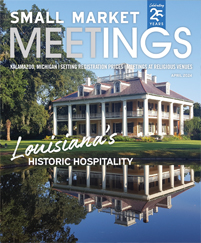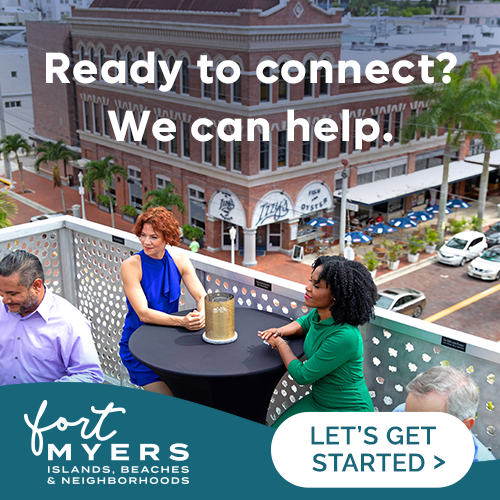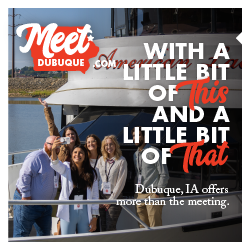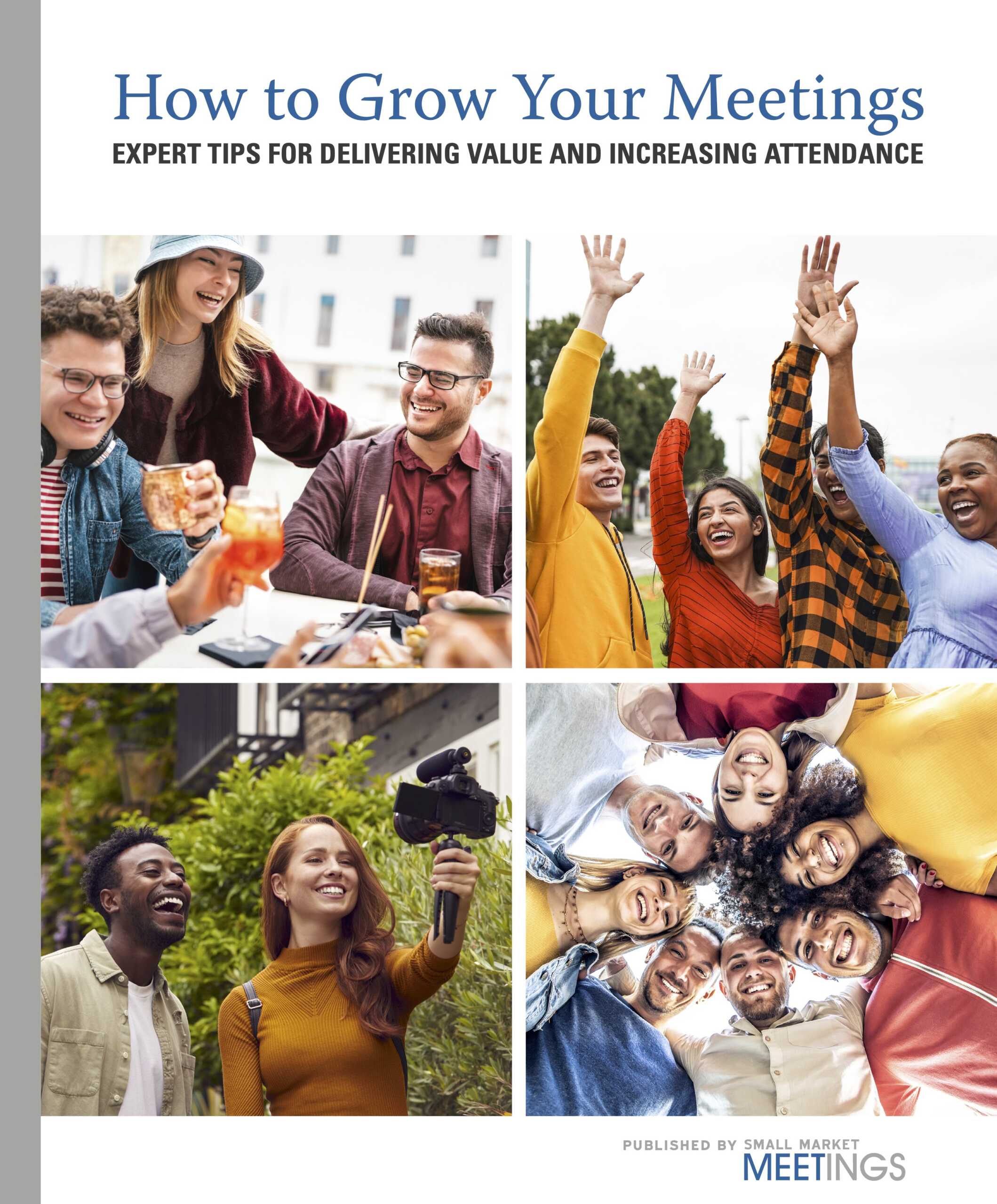Last month, Ryan Lewis, executive administrator for the National Association of Free Will Baptists and a certified meeting professional (CMP), shared tips from a session he led for novice meeting planners at January’s Religious Conference Management Association (RCMA) Emerge conference. The course is among those required in a new certification program that RCMA is offering planners of religious meetings.
Lewis broke his session into five areas of focus; we covered the first two, selling and selecting, last month. Here are the final three:
Signing
Lewis reads every word of a contract — which amazes the venues he works with — and often he catches serious issues. A careful read is required, he said, “not because hotels are trying to get you, but because contracts are not one-size-fits-all.”
A recent hotel contract, for example, stipulated that staff guest rooms would not count toward attrition but would count toward cancellation. Lewis pointed out this inconsistency, and the contract was revised.
A key to equitable contracts, Lewis believes, is building good relationships. He keeps in mind two business principles: “We are in the hospitality, not hostility, industry” and “a relationship in which only one side benefits is not a relationship.”
Lewis also keeps his priorities in mind as he negotiates contracts. “In a contract, you need to prioritize your needs and wants, and know the difference between the two,” he said. “For our meeting, we look out for attendees more than anything else. I want to make sure I get the lowest rate for them.”
Verbal agreements that are not part of the original contract should always be put in writing as an addendum. For example, a sales manager told Lewis she wanted to include breakfast for his attendees, but by the time the conference rolled around, she had taken a new job. Luckily, Lewis had written documentation of her offer, and her replacement honored it.
Specifics
At his first pre-con meeting with a venue, Lewis provides convention services with “paperwork out their ears.”
“I say, ‘You won’t need this today, but you will in the future,’” he said. “If the property drops the ball, I can say I provided you all of that. You can’t give them too many details.”
He also makes it clear that he is the point of contact for every aspect of his conference. Having a single contact helps prevent confusion, he’s found.
Before his conference, Lewis creates function sheets for each session and event. “It is one sheet of paper with the start time, end time, room set, AV, required catering, decor,” Lewis said. “There is one for every room and every day.” He got numerous requests for that form during his RCMA session.
An event guide, a binder packed with those forms and other vital information, is kept in the conference office where interns and volunteers can quickly reference it. “They open that book and the information is right there for everything,” he said. “It is the convention bible.”
During the final pre-con meeting, Lewis gives the hotel insight into his attendees’ patterns.
“For example, we have a lot of little kids, so we may use more towels than some groups,” he said. One hotel didn’t pay attention when Lewis explained that his attendees all arrive at once. The result was long lines at the registration desk. When Lewis reminded hotel management that he had supplied this vital information so they could staff up, the manager made amends by treating attendees staying at the hotel to a sundae bar.
Surveying
Lewis spends a day in post-con meetings with the venue. He talks about issues his staff experienced but also seeks feedback from the venue. “I want to hear from them about constructive changes to improve next year,” he said. He also gets feedback from his core staff. For example, his registration coordinator pointed out that she needed more counter space. “It is simple stuff but relevant to future meetings,” Lewis said. Conference attendees are asked for their feedback through a formal feedback form, which Lewis has found “controls the conversation but also gets constructive tips.”
For more information, contact Lewis at ryan@nafwb.org.











